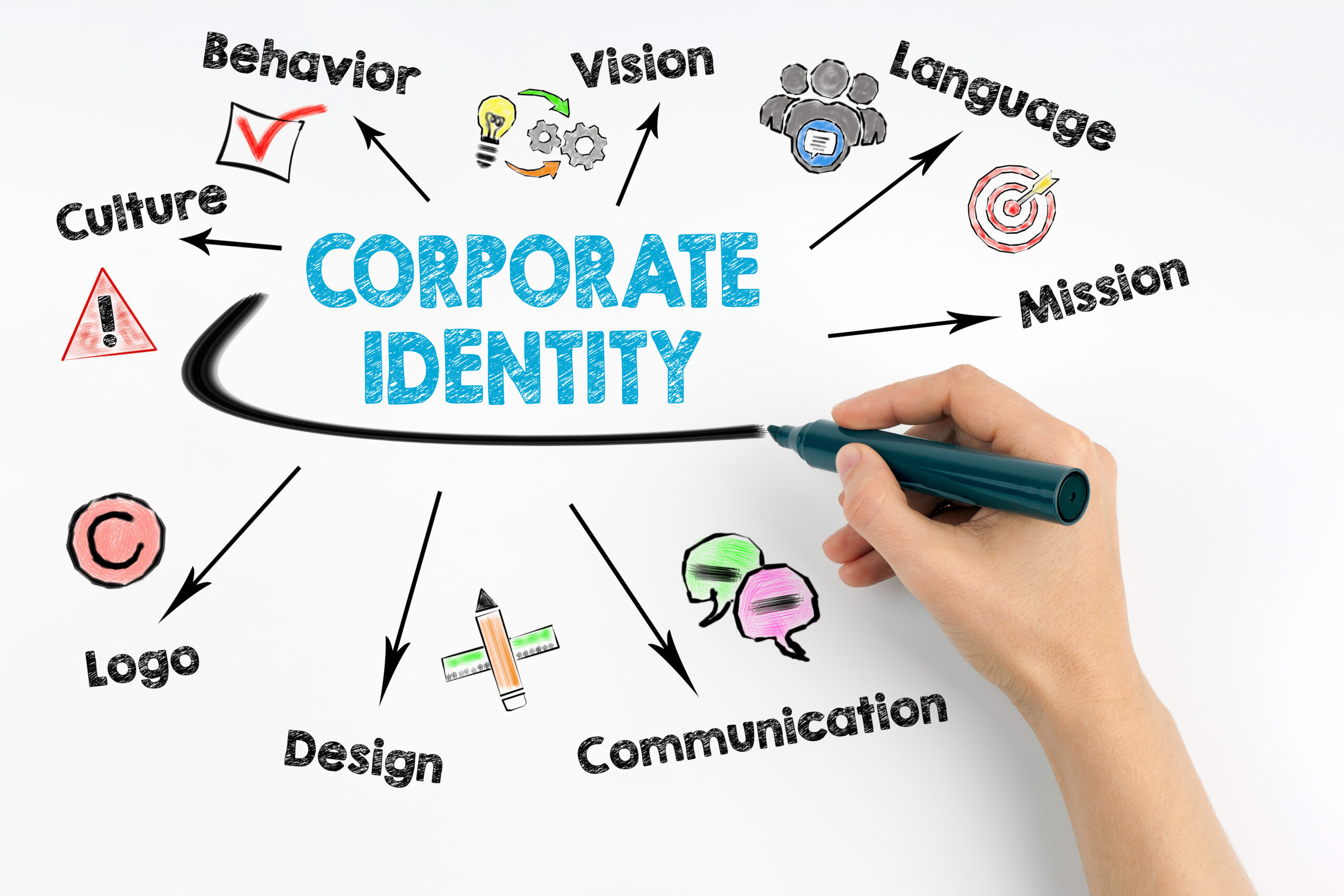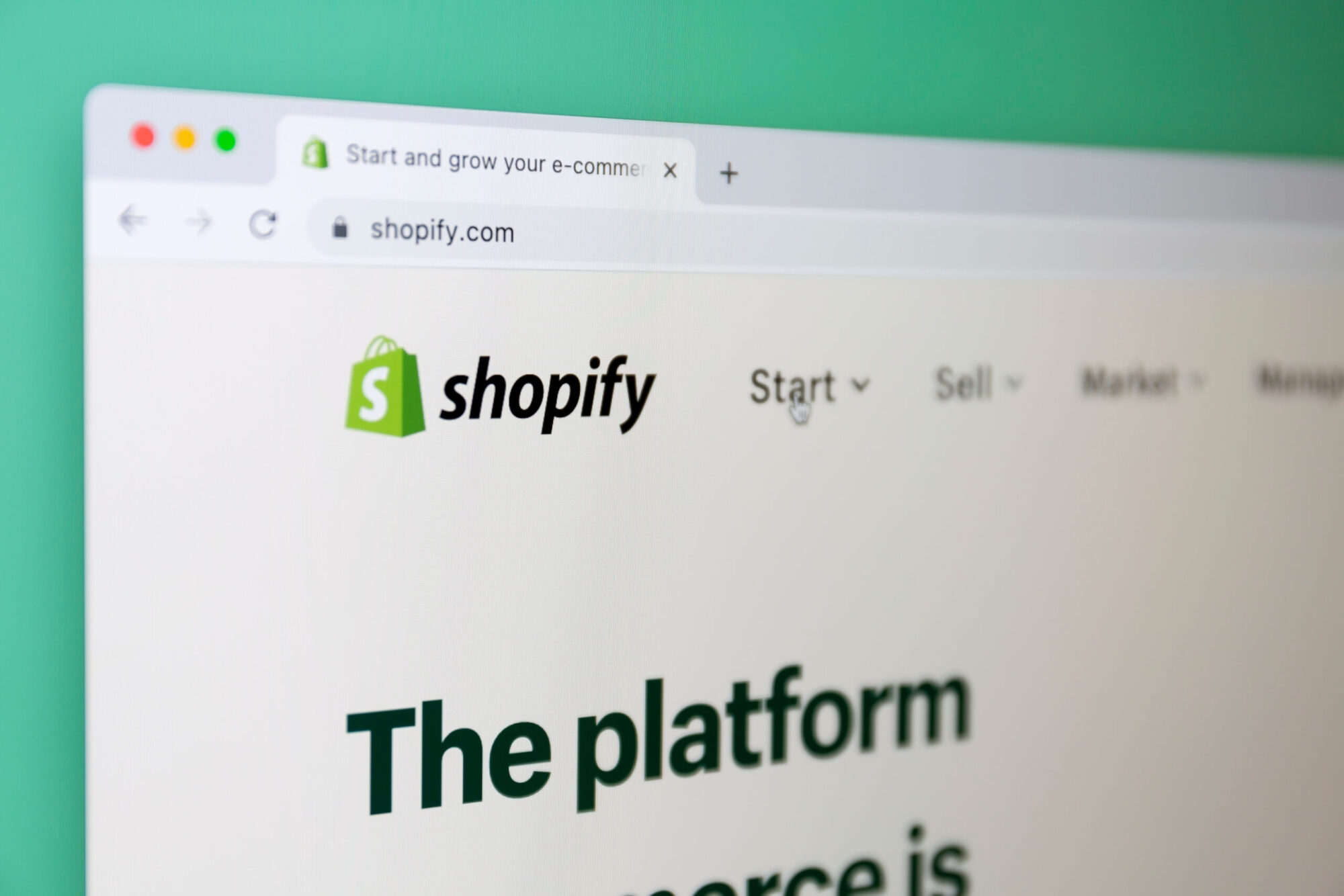Multi-level marketing (MLM) and business operations are highly specialized businesses that require specialized merchant accounts that are specific to their particular needs. Marketing and business agencies are labelled as high risk by the traditional banks and merchant service providers.
In the late 1900s the direct selling industry thrived with MLM companies selling everything from make-up to household gadgets and even underwear. MLM is when an individual becomes a product distributor and gets paid a commission on the sales made by other distributers that they recruit.
Before the internet was so popular, MLM marketers hosted parties, much like Tupperware parties, where they showed off the stuff that they were selling. Nowadays the direct marketers host these parties online and invite their friends from social media to attend. However, despite their popularity, banks do not want to take a chance on them. This is partly due to legal risks, potential for excessive chargebacks, and unpredictable growth patterns so these MLM companies are ranked high-risk.
MLM Credit Card Processing for Many Products
People connected with direct selling marketing companies are not only authorized to purchase products at a discount, and resell them at a profit, but they can recruit others to sell as well. According to a recent study, 5.3 million people are building independent businesses as direct sellers as we often see on social media. Of these people, 800,000 work full time and 4.5 million work part time. In order for businesses to remain or become successful, they need to secure credit card transactions gateways.
Almost any product or service could be sold using MLM.
What’s needed to get a MLM merchant account?
For MLM credit card processing, merchants are expected to obtain a merchant account. Businesses must begin by filling an online application from a merchant processor company. After submitting the application, merchants will generally need to provide the following items to underwriters:
- A valid, government-issued ID
- A bank letter
- 3 months of the most recent bank statements
- 3 months of the most recent processing statements
- A SSN or EIN
Online sites must have a secure, fully-operational website with trusted privacy and refund policies in place.
Although processors cannot guarantee any approvals, they are generally fast and efficient depending on which provide you choose.
What can you expect during an underwriter’s review
When underwriters begin their reviewing process, they want to accept and approve MLM businesses that are law-abiding, reputable businesses. During their n-depth reviews, underwriters scrutinize for any uncertain practices that could financially upset credit card processors.
Many products are fraudulently marketed so the underwriters want to ensure companies are selling quality products that aren’t costly, or pose a risk to possible clients. These factors will increase an MLM merchants risk to credit card processors. Ultimately, they want to know that merchants have a good business sense and a thorough business plan, which won’t result in a high volume of chargebacks.
Underwriters look at merchants’ credit scores, credit card processing history, and bank statements so that they can analyse the risk. If a business was shut down and denied by another processor in the past or it has many chargebacks that will also increase a merchant’s risk. Merchants that have bank accounts with negative balances, high chargeback ratios, and have a history of not honouring bills also will have a negative impact in the eyes of underwriters.
Remember that the more red flags against a MLM company, the greater risk to a processor and this significantly lessens the likelihood that a merchant service account will be approved.
MLM businesses that want to increase their chances of approval should:
- Have a substantial sum of money in the bank
- Pay off any bill and debts
- Encourage a principal in the business that has sterling credit history to apply for the merchant account
The most important thing is that businesses should handle anything that looks suspicious before allowing an application to go before an underwriter as they will no doubt bring everything under extreme scrutiny.




